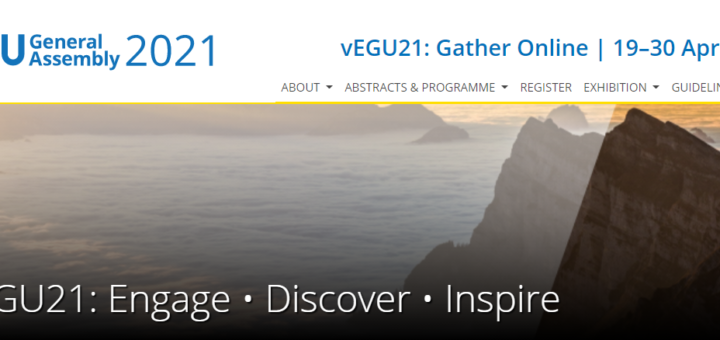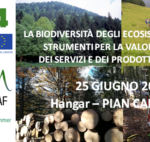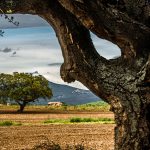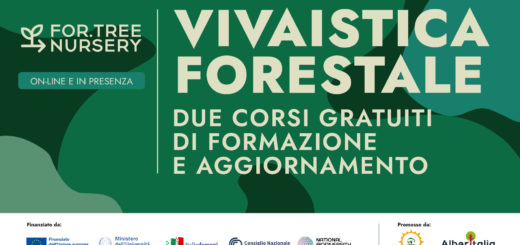BG3.10 – Forests under pressure: causes and consequences of climate-induced forest dieback across biomes

EGU General Assembly 19-30 April 2021
BG3.10 – Forests under pressure: causes and consequences of climate-induced forest dieback across biomes
Abstract submission deadline: 20th January 2021 at 13:00 Central European Time
This session aims at promoting a lively discussion on the issue of forest vulnerability caused by climate changes, with an integrated multi-scale, multi-temporal and interdisciplinary approaches.
Taking into account your research interests, please consider the option of presenting any recent results in this session. Also, please feel free to forward this e-mail to anyone whom you think may be interested.
Session details:
The majority of world forest ecosystems are subject to a number of natural disturbances (e.g. wildfires, pests, diseases, adverse weather events) that can severely affect their health and vitality by causing tree mortality or reducing their ability to provide the full range of goods and services.
Extended to a larger scale, these outcomes will have multiple effects on biosphere atmosphere interactions and will play an important role in future water-carbon-cycle feedbacks.
Thus, the need of understanding and predicting changes in tree mortality, growth and recruitment in response to dieback is essential to improve vegetation and C cycle models.
This session focuses on efforts to improve our understanding on: i) causes and mechanisms related to forest vulnerability and dieback; ii) potential changes in tree species composition, forest structure and extent of dieback under current and future climate change scenarios; iii) which hydraulic traits, both functional anatomical and physiological, make some tree species or stands and tree populations more prone to environmental-induced dieback and decline; IV) the role and interaction of insect disease and other abiotic factors on mortality; V) how trees die from drought and how to quantitatively assess tree mortality rates and the magnitude of tree mortality episodes associated to climate change events; VI) the role of adaptive forest management to improve resilience and conservation of forests.
Contributions will focus on an integrated multi-scale (from cells to plant communities, ecosystems and global approaches), multi-temporal (from tree-ring series analysis to xylogenesis and long-term forecasting) and interdisciplinary (microscopy and individual plant physiology to remote sensing) frameworks.
Invited speakers:
Craig D. Allen, New Mexico Landscapes Field Station, Los Alamos, New Mexico, USA
Ana Bastos, Max-Planck Institute for Biogeochemistry, Jena, Germany
Convener:
Francesco Ripullone
Co-conveners:
Giovanna Battipaglia, Jesus Julio Camarero, Veronica De Micco, Angelo Rita
Please visit this web page for further details and to initiate a submission.
Info Autori
Scuola di scienze Agrarie, Forestali, Alimentari e Ambientali (SAFE-UNIBAS)








